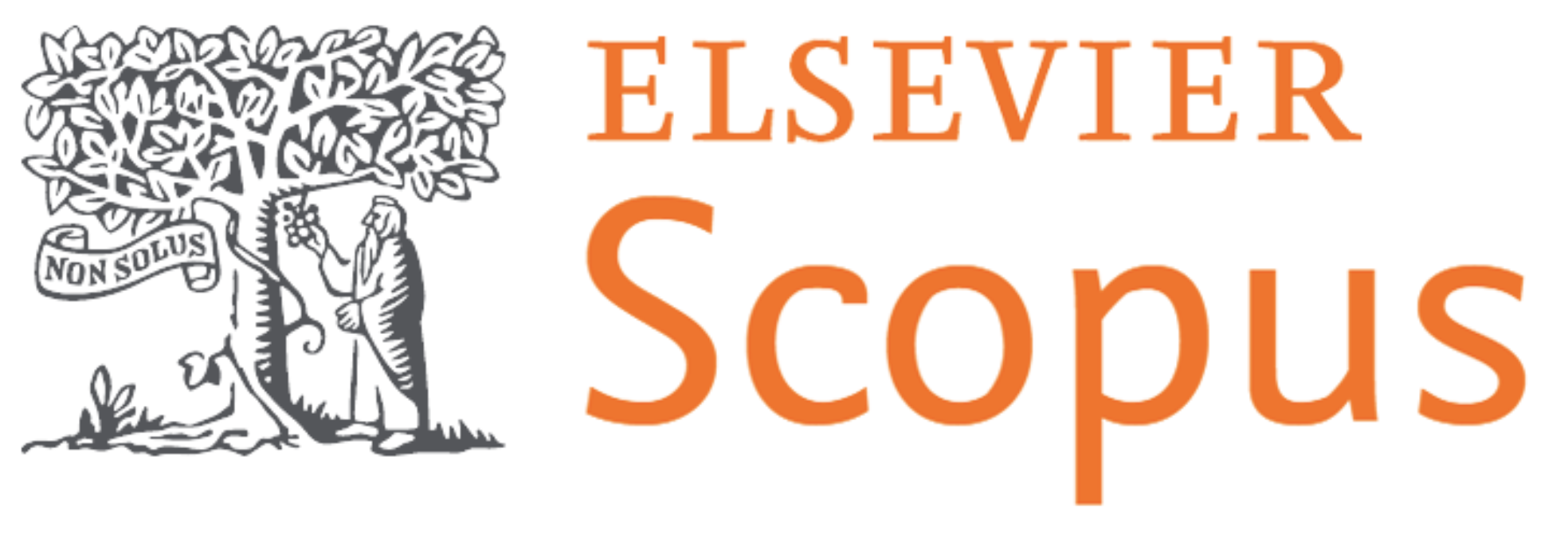Management of Pig Wastes by Compost System
DOI:
https://doi.org/10.17765/2176-9168.2014v7n3p%25pKeywords:
Agribusiness, Management of Wastes, Swine BreedingAbstract
The production chain of swine-breeding concentrates its production between a decrease in the number of active producers and the need to increase food production. A study case in loco brings to the fore the functioning of a compost system adopted by the Granja Barra Grande in Iporã do Oeste SC Brazil. Further, the paper investigates volume of waste produced monthly on the swine farm; describes the compost system on the farm; and produces a plan of activities based on 5W2H to provide the improvements that should be undertaken with a view to its growth, increase in wastes and their disposal. Theory relates the characteristics of the compost system and reduction of impact. The Granja Barra Grande had a monthly waste production reaching 728.12 m³, or rather, 24.27 m³ a day, of which 34.07% is employed in the compost system with an annual application of 2,976.82 m³. Since one cubic meter of compost concentrates 3,816.43 liters of wastes, the system under analysis produces a yearly 780 m³ of compost. Results show that, through compost processing, the farmer obtains assets, eliminates bad smell and permits an efficient fertilization of the soil. The compost process is an important stage to make viable intensive breeding swine breeding not only on the farm focused but in any producing region due to costs in the distribution of low-density wastes and to potential pollutant.Downloads
Published
2014-04-08
How to Cite
Bonamigo, A., Melz, M. J., Sehnem, S., & Winck, C. A. (2014). Management of Pig Wastes by Compost System. Revista Em Agronegócio E Meio Ambiente, 7(3). https://doi.org/10.17765/2176-9168.2014v7n3p%p
Issue
Section
Agrobusiness
License
A Revista se reserva o direito de efetuar, nos originais, alterações de ordem normativa, ortográfica e gramatical, com o intuito de manter o padrão culto da língua, respeitando, porém, o estilo dos autores. As opiniões emitidas pelos autores são de sua exclusiva responsabilidade.Os direitos autorais pertencem exclusivamente aos autores. Os direitos de licenciamento utilizado pelo periódico é a licença Creative Commons Attribution
 Creative Commons Atribuição 4.0 Internacional. São permitidos o compartilhamento (cópia e distribuição do material em qualquer meio ou formato) e adaptação (remixar, transformar, e criar a partir do trabalho, mesmo para fins comerciais), desde que lhe atribuam o devido crédito pela criação original.
Creative Commons Atribuição 4.0 Internacional. São permitidos o compartilhamento (cópia e distribuição do material em qualquer meio ou formato) e adaptação (remixar, transformar, e criar a partir do trabalho, mesmo para fins comerciais), desde que lhe atribuam o devido crédito pela criação original.










